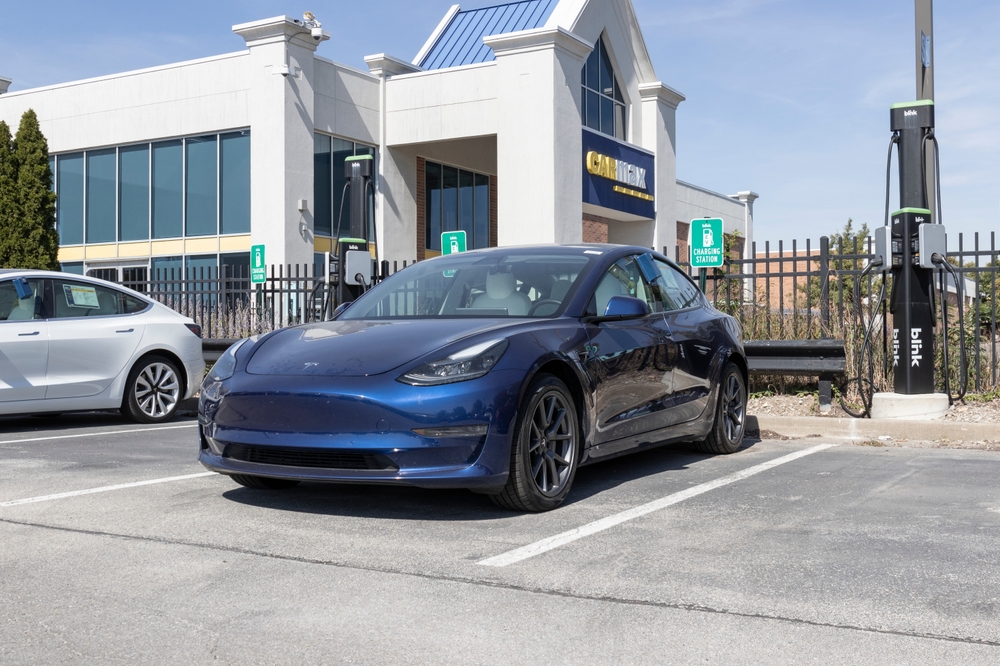
Shopping for a used car isn’t just about finding the lowest price or the newest model year. Many buyers focus on the age of a vehicle, but experts agree that mileage is actually a much more important factor. The number of miles a car has been driven tells you more about its wear and tear than the year it was made. This can help you avoid expensive repairs and make a smarter investment.
With car prices still higher than pre-pandemic levels, making an informed choice is more important than ever. Understanding why mileage should be your top consideration can save you headaches down the road. Let’s look at the key reasons mileage matters more than age when you’re buying used cars.
Mileage Reflects Actual Wear and Tear
The primary reason experts recommend focusing on mileage when buying used cars is that it directly reflects how much the car has been used. A five-year-old car with 20,000 miles is likely in better condition than a two-year-old car with 80,000 miles. The number of miles shows how much the engine, transmission, and other vital parts have been put to the test.
High mileage often means more stress on mechanical components, which can lead to increased maintenance costs. Even if a car is relatively new, lots of time on the road can add up to more repairs and a shorter lifespan. When comparing two vehicles, always ask about the mileage and use it as a primary deciding factor.
Lower Mileage Means Fewer Hidden Costs
One of the biggest risks of buying used cars is unexpected repair bills. Cars with lower mileage generally have more life left in their parts, from brakes to suspension. This means you’re less likely to face immediate expenses for things like timing belts, water pumps, or transmission repairs.
Even if an older car looks dated, a low-mileage vehicle may have fewer surprises. If you want to keep your ongoing costs down, prioritize mileage over age. Many dealerships and private sellers highlight the model year, but buyers should dig deeper and get the full mileage history. You’ll often find the best value in a well-maintained car that’s been driven less.
Mileage Impacts Resale Value
When you buy used cars, it’s smart to think ahead to resale value. Mileage plays a huge role in how much your car will be worth when it’s time to sell or trade it in. Buyers and dealers alike pay close attention to the odometer reading. Even a newer car can lose value quickly if it racks up a lot of miles in a short time.
Cars with lower mileage tend to sell faster and for higher prices. That’s why it’s wise to choose a vehicle with fewer miles, even if it’s a bit older. If you plan to resell in a few years, you’ll get a better return with a low-mileage car. Check online resources like Kelley Blue Book values to see how mileage affects pricing in your area.
Maintenance Records Matter, But Mileage Is Key
Maintenance records can tell you how well a car was cared for, but even the best-kept vehicle will suffer if it has very high mileage. Regular oil changes and service are important, but they don’t erase the impact of years of driving. When buying used cars, always ask for service records, but don’t overlook the odometer.
A car that’s been meticulously maintained with low mileage is the ideal find. However, if you must choose between a newer, high-mileage car and an older, low-mileage one, most experts suggest going with the latter. The fewer miles, the less likely you’ll be dealing with breakdowns or worn-out parts.
Insurance and Warranty Considerations
Insurance companies often use mileage as a key factor in setting rates for used cars. Lower mileage can mean lower premiums, since the risk of claims is typically reduced. Additionally, some used cars may still qualify for manufacturer warranties if the mileage is under certain limits, even if the car is a few years old.
This can be a big advantage for buyers who want extra peace of mind. Before making a purchase, ask about remaining warranty coverage and how mileage might affect it. You can also check third-party warranty options for low-mileage vehicles, as they often offer better terms.
Making an Informed Choice When Buying Used Cars
Focusing on mileage when buying used cars can help you avoid costly surprises and get more value for your money. While age tells part of the story, the odometer reading gives you a clearer picture of the car’s true condition. Always inspect the mileage, review maintenance records, and consider how future resale value may be affected by those numbers.
Every used car purchase is unique, but prioritizing mileage over age helps you make a smarter, more confident decision. What do you look for first when buying a used car? Share your experiences and tips in the comments below!
What to Read Next…
- 6 Things You Must Check Before Buying a Used Car
- 10 Tips for Selling Your Used Car for the Best Price
- 7 of the Best Ways to Get a Used Car Without Paying Like It’s New
- 8 Used Cars That Are Suddenly Skyrocketing in Value
- These Are the 10 Most Popular Used Cars in America
The post Experts Say Mileage, Not Age, Is the Key Factor in Buying Used Cars appeared first on Clever Dude Personal Finance & Money.







